29 March 2025
Mixed Martial Arts (MMA) isn’t just about brute strength, athleticism, or technical prowess. Sure, those things matter, but there's a psychological side to the sport that plays a massive role in what makes it so captivating. And one of the most potent weapons outside the cage? Trash talk. Yep, the art of running your mouth, getting under your opponent's skin, and creating drama. It’s like the seasoning on a perfectly grilled steak—sometimes it makes everything way more interesting.
You’ve seen it before. Fighters standing nose-to-nose at weigh-ins, throwing verbal jabs, and sometimes it gets more heated than the actual fight itself. Trash talk has become a cornerstone in building epic rivalries, driving fan engagement, and even affecting fighter performance. But how exactly does this work? And why does it seem so effective?
Let’s dive deep into how trash talk has shaped some of the most iconic rivalries in MMA history and why it’s such a key part of the sport.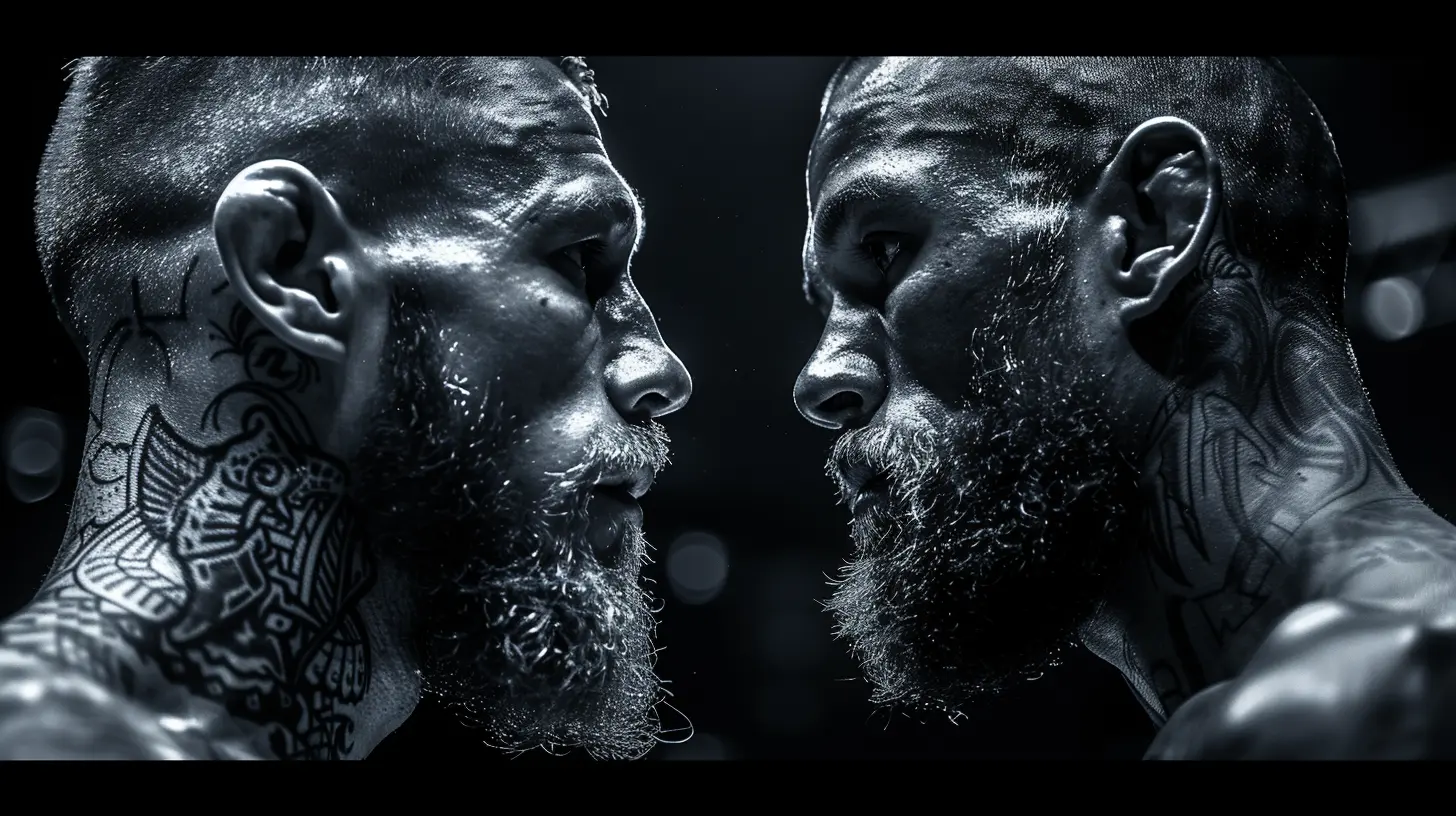
The Origins of Trash Talk in Combat Sports
Before we get into MMA specifically, let’s acknowledge that trash talking didn’t start with MMA. It’s been around in combat sports for decades. Think about Muhammad Ali—arguably the greatest boxer of all time, but also one of the most legendary trash talkers. Ali wasn’t just about knocking people out; he was a master at mentally beating his opponents before they even stepped in the ring.He had this uncanny ability to make his opponents doubt themselves, feel angry, or get overly emotional. And that’s where trash talk really shines—it's all about gaining that mental edge. Fast forward to today, and you’ll see that MMA fighters are following in those same footsteps, with their own twist.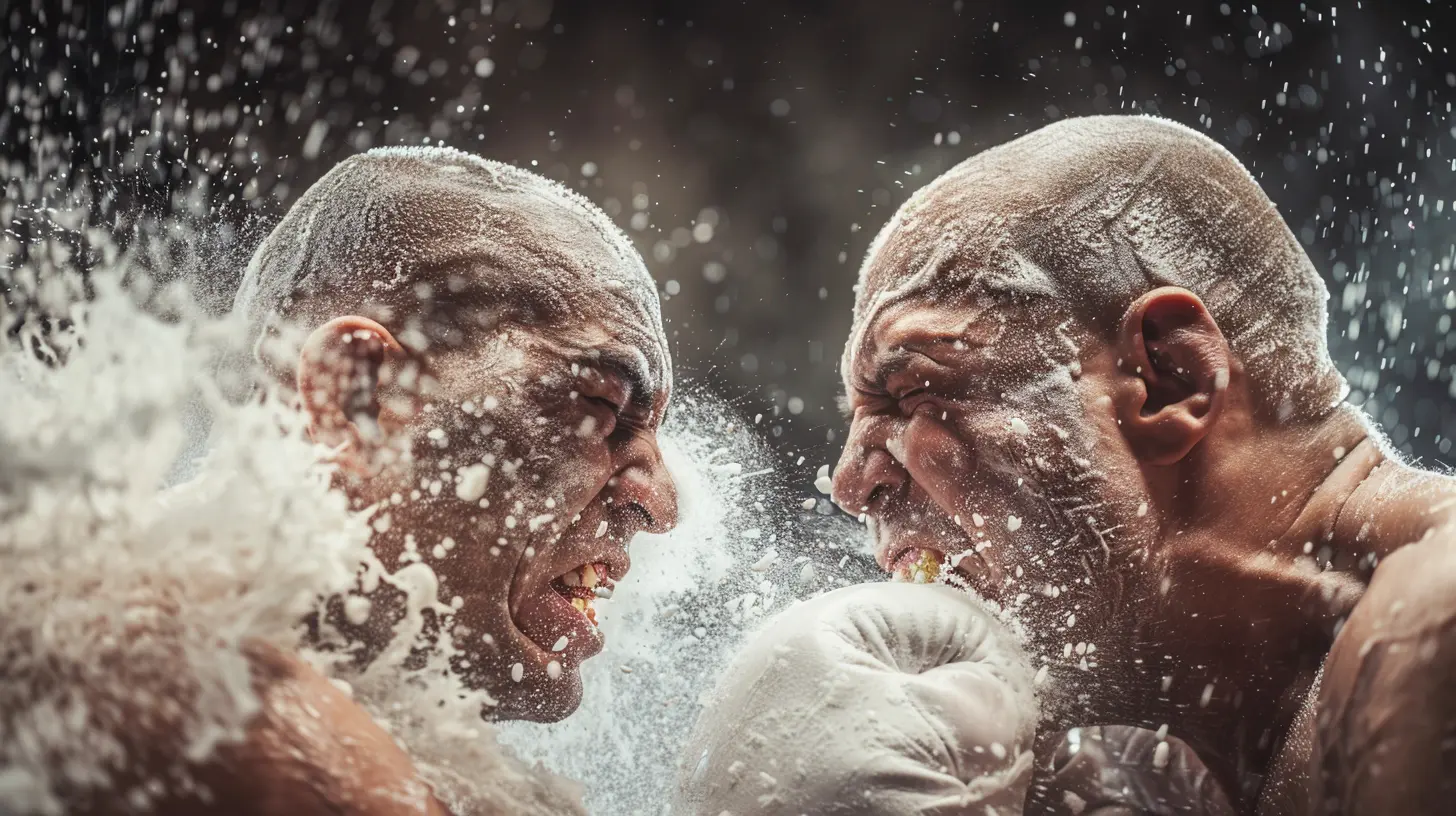
Why Trash Talk Works So Well in MMA
1. Mind Games: Getting Inside Your Opponent's Head
Fighting is as much a mental game as it is physical. When fighters trash talk, they’re not just trying to entertain the crowd (though that’s a big part of it); they're attempting to mess with their opponent's mind.Think about it—fighting in the cage requires laser focus. If you start second-guessing yourself or fighting with too much emotion, you’re bound to make mistakes. Trash talk can cause fighters to become overly aggressive, abandon their game plan, or even lose confidence. It’s like planting a little seed of doubt that grows as the fight approaches.
Take Conor McGregor, for example. The guy is a master of trash talk. Remember when he fought Jose Aldo? For months leading up to the fight, McGregor unleashed a verbal onslaught, calling Aldo everything under the sun. By the time they got into the octagon, Aldo was so emotionally charged that he rushed in and got knocked out in just 13 seconds. Coincidence? I think not.
2. Feeding the Rivalry: Increasing Fan Engagement
There’s no denying that trash talk fuels rivalries. And let's be real—fans eat it up. Rivalries are what keep people coming back. Sure, we love watching a good technical fight, but nothing gets the blood pumping like bad blood between fighters.When two fighters genuinely don’t like each other, the stakes feel higher. It’s not just about who’s more skilled; it’s about pride, ego, and proving who’s the alpha. Trash talk amps up that narrative, creating a storyline that fans can latch onto. It’s like watching a soap opera, but way more intense and with a lot more punching.
Look at the rivalry between Jon Jones and Daniel Cormier. The trash talk between these two was legendary. They genuinely couldn’t stand each other, and that animosity spilled over into their interviews, press conferences, and, of course, the octagon. Fans were glued to that rivalry not just because they were two of the best fighters in the world, but because their trash talk made it personal.
3. Building the Fight Hype: Marketing Gold
Let’s get real for a second—MMA is a business, and business is all about making money. Trash talk sells fights. The more heated the rivalry, the more pay-per-views get sold. It’s as simple as that.Promoters know this, which is why you’ll often see fighters encouraged to talk a little smack during press tours and interviews. It builds anticipation and gets fans emotionally invested in the outcome. When you genuinely dislike someone, you're more likely to tune in to watch them get knocked out—or, if you’re on the other side, to see them back up their words.
Conor McGregor vs. Nate Diaz is a prime example. The trash talk between those two was next-level, and it led to one of the most successful fight cards in UFC history. People didn’t just want to see a fight—they wanted to see a grudge match.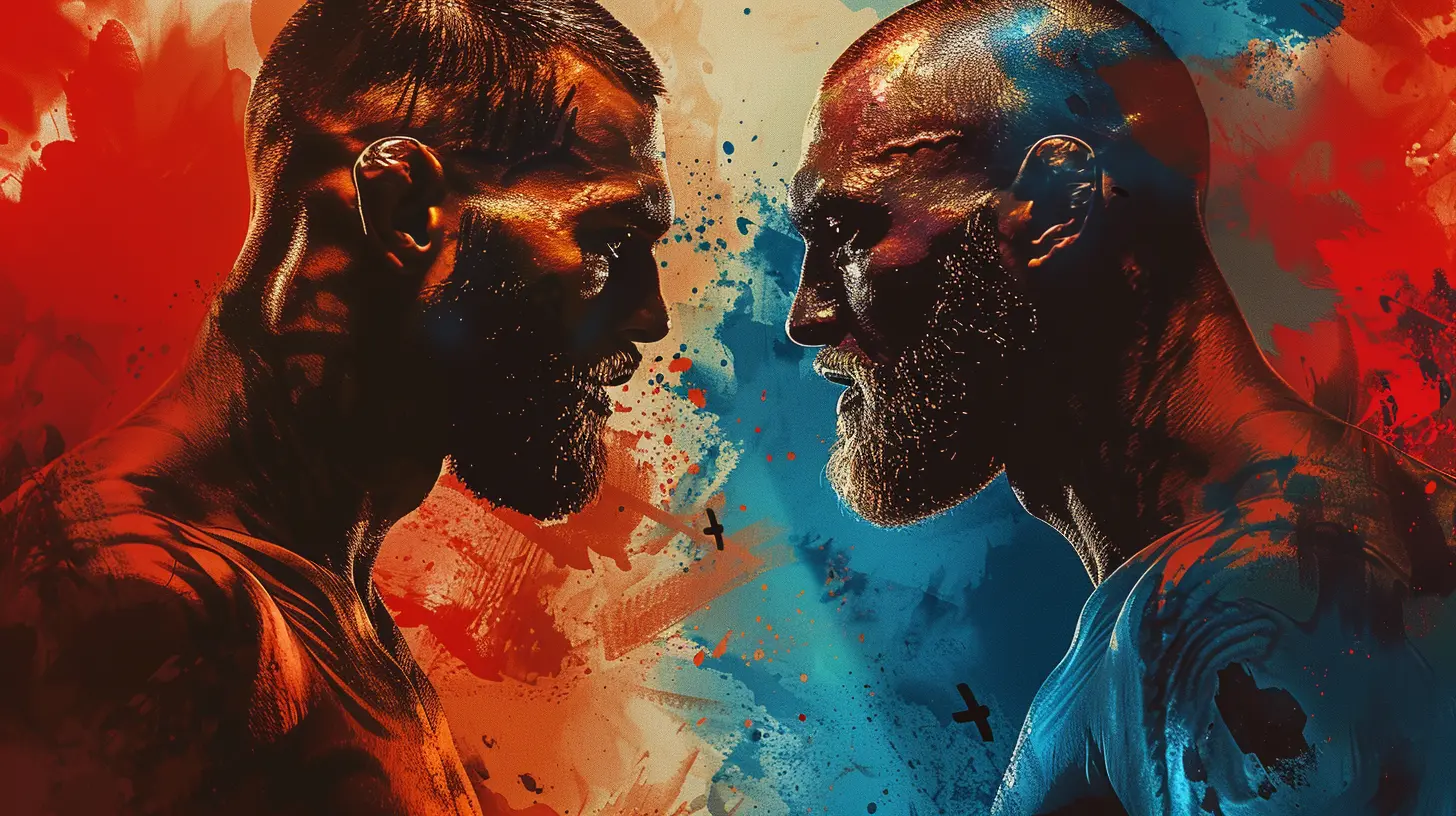
The Art of Effective Trash Talk
Not all trash talk is created equal. Some fighters are naturals at it, while others… well, let’s just say they should stick to throwing punches. Effective trash talk isn’t just about throwing out insults. It’s a calculated strategy that can take a rivalry from 0 to 100 real quick.1. Confidence, Not Desperation
The best trash talkers come across as confident, not desperate. The last thing you want to do is sound like you're trying too hard. Fighters like McGregor and Chael Sonnen mastered this. They didn’t just talk trash for the sake of it; they did it with swagger and conviction. They made you believe they were going to win, even if the odds were against them.On the other hand, fighters who come off as desperate or emotional in their trash talk often fail to get the same results. If you sound like you're just throwing insults because you're nervous, the trash talk loses its effect.
2. Psychological Warfare
As we mentioned earlier, trash talk is all about getting into your opponent's head. The best trash talkers know how to push the right buttons. They’ll find a weakness and exploit it, whether that’s bringing up a past loss, questioning their opponent’s toughness, or even attacking their personal life.Take the rivalry between Michael Bisping and Luke Rockhold. Before their rematch at UFC 199, Bisping constantly reminded Rockhold of their previous fight, where Rockhold had submitted him. Bisping’s relentless trash talk clearly got into Rockhold's head, and Bisping ended up knocking him out to become the UFC Middleweight Champion.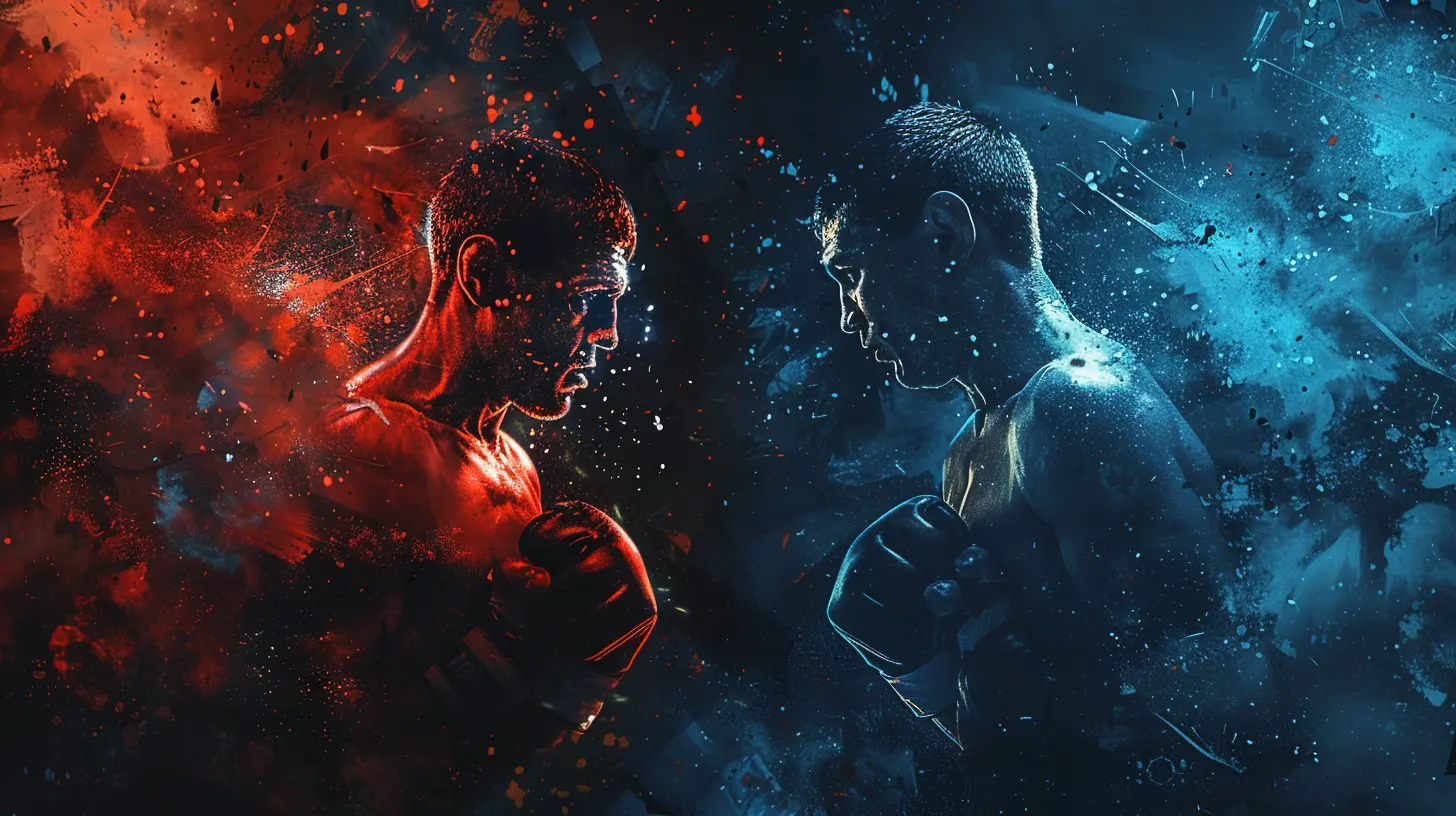
When Trash Talk Backfires
Of course, trash talk doesn't always go according to plan. Sometimes, it can backfire in spectacular fashion. If you talk a big game and don’t back it up, it can be humiliating. Fans love a good trash talker, but they love seeing a trash talker get humbled even more.Take Ronda Rousey, for example. Before her fight with Holly Holm, Rousey was on top of the world. She had dominated her opponents and had no problem talking trash about Holm. But when Holm knocked her out in the second round, it was a humbling experience for Rousey, and fans were quick to remind her of all the trash she had talked leading up to the fight.
The Line Between Trash Talk and Disrespect
While trash talk is an effective tool for building rivalries, there’s a fine line between clever banter and outright disrespect. Fighters need to be careful not to cross that line, as it can tarnish their reputation or even lead to public backlash.Khabib Nurmagomedov and Conor McGregor's rivalry is a prime example of when trash talk crosses into dangerous territory. McGregor’s trash talk in the lead-up to their fight was particularly personal, attacking Khabib’s religion, family, and country. When Khabib won and then jumped over the cage to confront McGregor’s team, it was clear that the trash talk had gone too far.
While fans love drama, they don’t necessarily want to see things get out of control. It’s a reminder that while trash talk can build excitement, it should be kept within the realm of sportsmanship.
Conclusion: Love It or Hate It, Trash Talk Is Here to Stay
Whether you think it’s an essential part of the fight game or just an unnecessary sideshow, trash talk isn’t going anywhere. It’s become woven into the fabric of MMA, helping to create legendary rivalries, sell out arenas, and keep fans glued to their screens. Fighters who can master the art of trash talk not only gain a psychological edge but also elevate their status in the sport.At the end of the day, MMA is about more than just who can throw the best punch or land the most takedowns. It’s a mental battle, a war of words, and a contest of wills. And for better or worse, trash talk is a big part of what makes MMA rivalries so compelling.

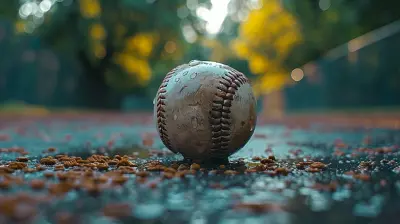
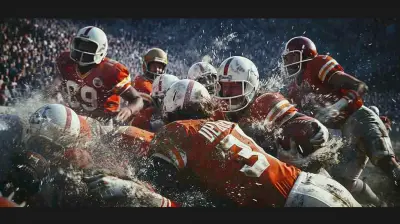
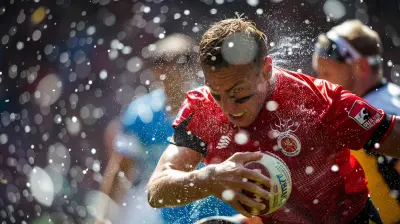

Xavi Howard
Great read! Trash talk adds so much intensity to rivalries—it's like the spice that makes MMA competitions even more exciting!
April 2, 2025 at 11:26 AM